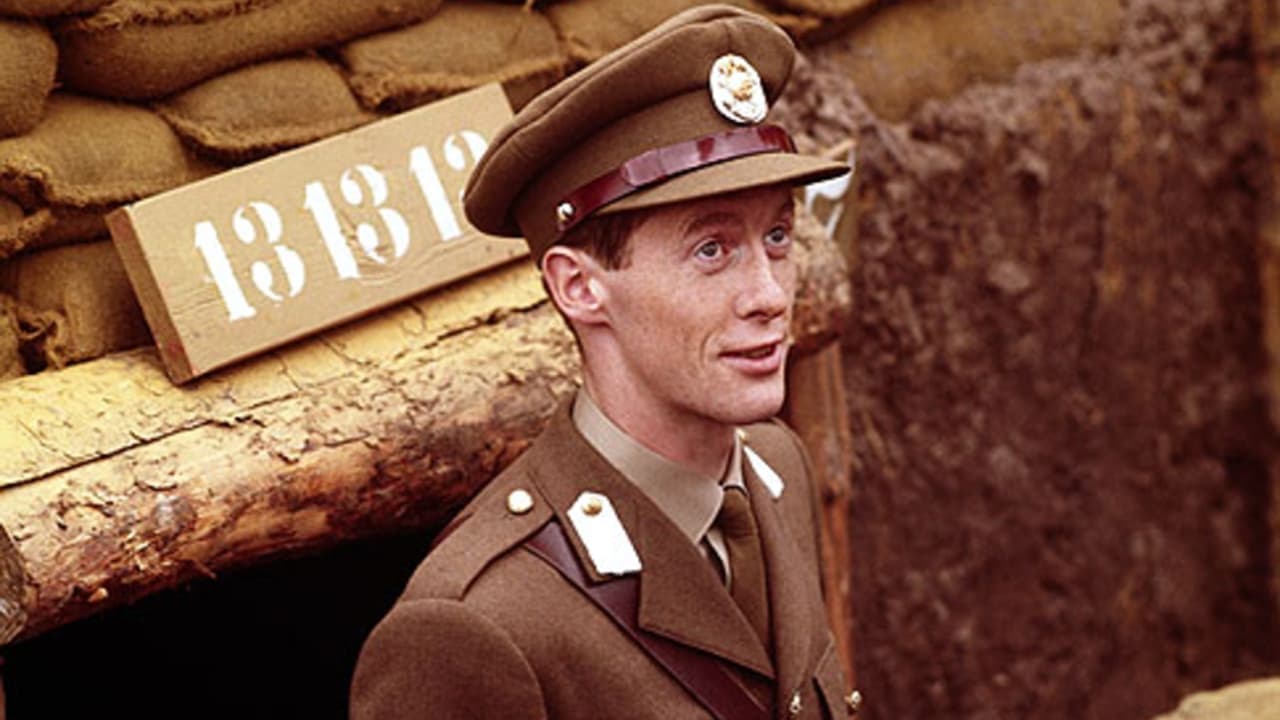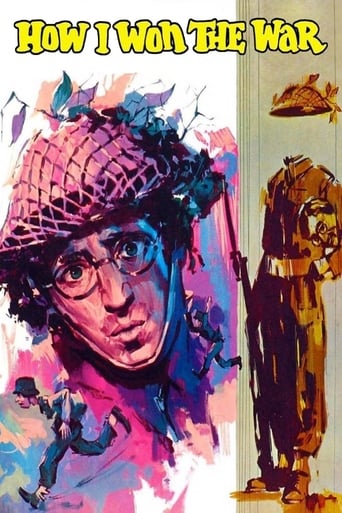

Self-important, over-dramatic, uninspired.
... View MoreThe plot isn't so bad, but the pace of storytelling is too slow which makes people bored. Certain moments are so obvious and unnecessary for the main plot. I would've fast-forwarded those moments if it was an online streaming. The ending looks like implying a sequel, not sure if this movie will get one
... View MoreAll of these films share one commonality, that being a kind of emotional center that humanizes a cast of monsters.
... View MoreThe storyline feels a little thin and moth-eaten in parts but this sequel is plenty of fun.
... View MoreI would have gave this film a 1 but the directing and camera work I though were pretty good. First off let me say this does not star John Lennon as they imply, he plays a small role in this film. This is a gag they use to sell a movie, Call it Murder (Midnight) with Humphrey Bogart comes to mind the only difference between the two is Midnight was a good movie. The movie jumps around a lot and is kind of hard to follow and if there is a message of anti war it's not a very clear one but this is the baby boomer era so you have to consider the source. There are some humorous parts to the film but for the most part it seemed to me that it was a bunch of rambling on by the characters in the movie with some Monty Pythonish humor thrown in. I was going to buy this film for my collection but was glad to see it on Netflix so I did not have to waste any hard earned dough. So if your looking for a lost classic you won't find it here, I would say check out Bogart in Midnight or currently going as Call it murder at least there for 1934 you will see great directing technique and a great film.
... View MoreSimply and absolutely one of the most boring and self-important films ever made. When it came out in 1967, director Richard Lester made no secret of his conviction that he'd produced the greatest antiwar statement since 1930's All Quiet on the Western Front. In reality, it's one of the worst films of any kind since 1930.Here's Lester's antiwar strategy. Take a small number of British soldiers in a wear against Hitler and Nazism and show them to be a bunch of fools, cowards, and lunatics. Show that their mission - to build a cricket-pitch in enemy territory - is absurd. Show John Lennon's idiot minor character bloodily killed.That's it. Doesn't it make you hate war? Doesn't it prove that soldiers are suckers? Doesn't it make you want to protest Vietnam? Well, maybe all Richard Lester really wanted to do was make an amusing service comedy. Maybe his self-promoting comments were just trying to cash in on the antiwar feelings of the day.In that case he still failed. There are more laughs in five minutes of "Sgt. Bilko" than in this entire movie.I remember vividly being unable to stay awake watching this turkey in the theater forty years ago. I walked out, even though I'd paid good money. (Only two other movies in my entire life have had such a sleep-inducing effect on me, and "How I Won the War" may well be the worst of three.) A few years back somebody gave me the video. With access to coffee I managed to stay awake a just little longer. When I snapped awake I shut the thing off.Way back in 1967 I actually read Patrick Ryan's comic novel that was the basis of this film. It was funny in an aimless kind of way.This movie is unfunny in each and every way.
... View MoreI'm sure I missed a lot of the nuance of this film because of the language barrier - it was in English, without subtitles. I picked it up in a dollar bargain bin almost a year ago because John Lennon's picture was on the video sleeve. Though others on this board state that he stole the show, I came away with the impression that his supporting role was more in the way of capitalizing on his Beatles celebrity. Yet his death scene turns out to be unusually prophetic and surreal, and one of the ironic twists of the story.I don't know anything about the other principals involved in the movie, including director Richard Lester. However there's no denying that the absurdity of war theme comes through in virtually every scene. I would liked to have been 'in' on more of the Brit humor involved, and perhaps a second viewing might help fill in some of the blanks. I'd like to thank poster 'Phlicker' for explaining the symbolism of the pastel soldiers who kept popping up, even though it should have been readily apparent. I guess even the British visuals are difficult to understand.You know what really blew me away though? Doing the math on the film's release, it's forty years old this year! FORTY YEARS! For me, that might be the most surreal aspect of the picture, having grown up as a teenager with the Beatles and John Lennon. Just as surreal is the fact that Lennon was shot to death almost twenty seven years ago as I write this. The insanity and absurdity of war and death continues every day, and humanity learns nothing from it.
... View MoreThis challenging film is in a class all of its own. It's as if Samuel Beckett had written a screenplay filling it with low slapstick and very smart commentary. Lester's ultimate point seems to be that war is merely just an extension of class war. Michael Crawford is excellent as the clueless, Bertie Woosteresque squad commander; always trying to piece things together with a seemingly high class education that does him absolutely no good in the thick of war's irrationality. The fast-paced gags come in rapid succession, punctuating each working class soldier's senseless death with great comic absurdity. And yet, armed with his upper class and horribly thoughtless "sacrifice for King and country" paradigm, Lt. Goodbody forges ahead on a completely senseless mission inadvertently causing the deaths of all of his men. It's perfect that in the end the only person he can relate to is his German upper-class captor. His ultimate "winning" of the war by simply purchasing the only bridge left crossing the Rhein (with a bad check, no less) is the perfect metaphor for the film's main idea; that it's not even money that separates the classes - it's just the collective illusion of the classes that separates them. And it's this illusion for which the working class are forced to fight and die.A fantastic piece of anti-war theatre.
... View More